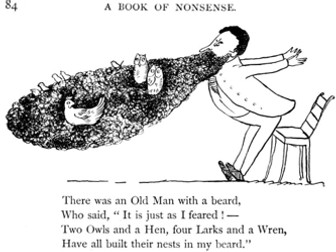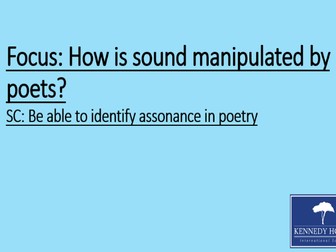Practise Paper 1 Cambridge Primary Checkpoint
I have written this paper based on the style of questions found in the Cambridge Primary Checkpoint Mathematics Paper 1. I have yet to write the mark scheme. Let me know if it has been useful or any amendments you suggest.



